Trans Allegories in Film: 'The Little Mermaid' (1989)
Films can alleviate alienation by presenting realities where the viewers feelings are shared by onscreen characters. 'The Little Mermaid" film can be interpreted as a transgender story.
Incluvie Foundation Gala - Learn More
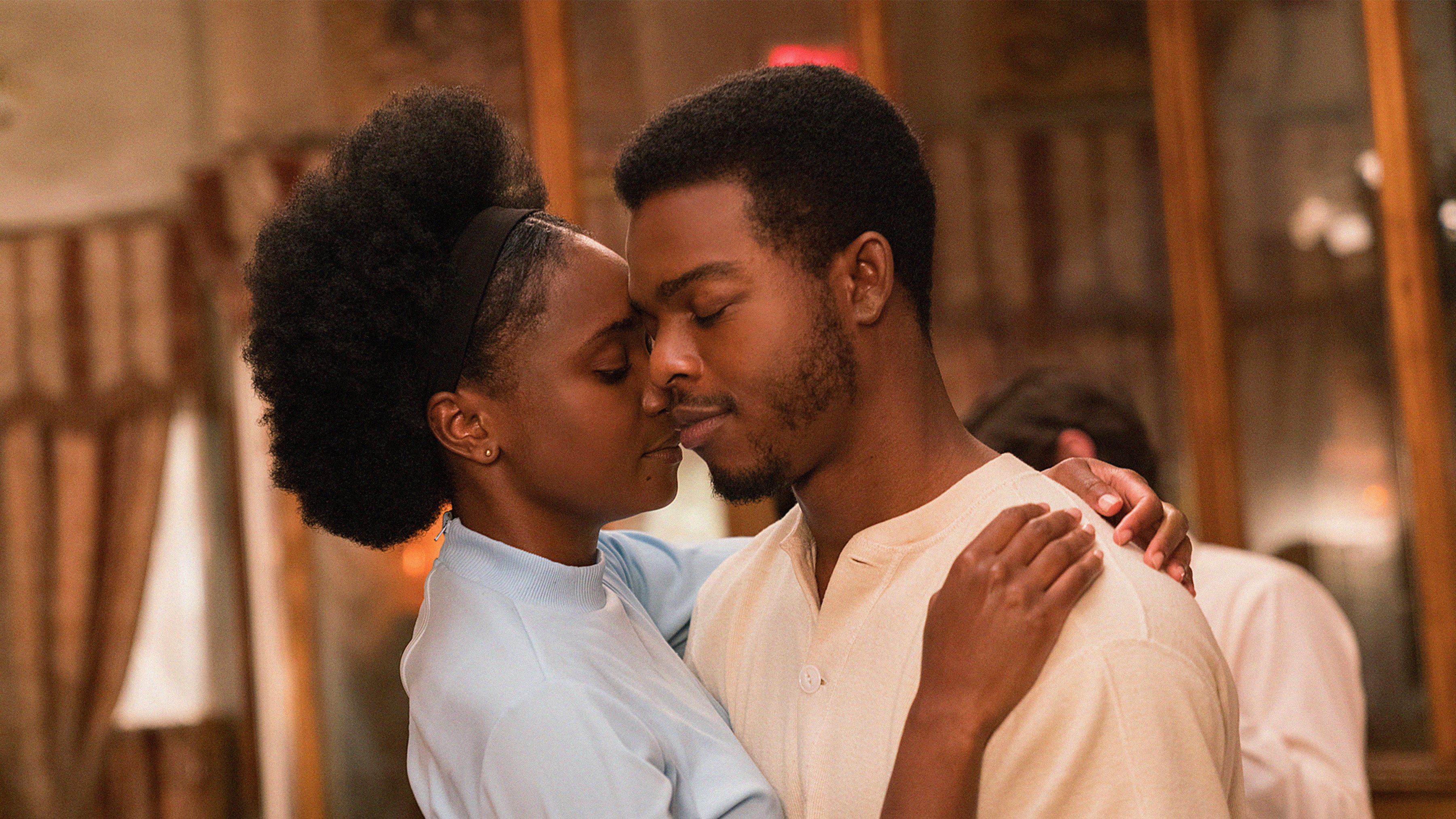

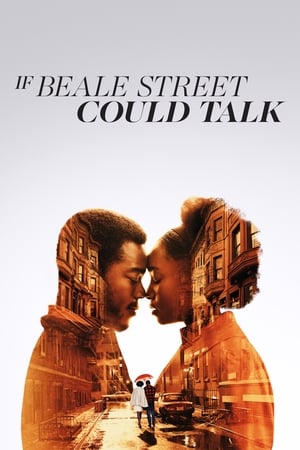


Happy Valentine's Day, Incluvies!
Today we are showcasing our favorite love stories from all over the African Diaspora. Blackness is a rainbow, and these movies show us every beautiful color of the Black experience.
The Photograph delivers with a tender love story that unfolds between two vulnerable people who weren't even looking for love. Issa Rae and LaKeith Stanfield will make you believe in love again as their delicate romance weathers a cruel world hellbent on smothering their fledgling love. Those in long distance relationships will find hope here. Those wanting to see positive Black love sans economic and toxic emotional struggle will also find much to love in The Photograph.
Watch it on Prime Video.
In the current age of the film industry, with the oversaturation of superhero shlock, rapacious legacy sequels, and soulless adaptations, it's all too easy for genuine auteurs and passionate filmmakers striving to bring about their unique vision to get lost in the shuffle. While some do manage to separate themselves from the abundance of mediocrity - directors like Christopher Nolan, Wes Anderson, and arguably the greatest filmmaker of our time, Denis Villeneuve, there are many creators making films just as great, if not more so, than some of these films put out by universally recognized names. I want to bring to the forefront directors who may be well known and respected within the industry but have yet to reach this heightened public awareness that I think they so greatly deserve.
At the time of writing, Barry Jenkins' filmography consists of just three feature film releases. Medicine for Meloncholy (2008), Moonlight (2016), and If Beale Street Could Talk (2018). The latter two of which are among the best films of the last decade and Moonlight, I argue, being a film in the upper echelon of moving picture history; an untouchably beautiful and immeasurably moving piece of cinema that serves as a staple not just for Black and LGBT storytelling, but American cinema as a whole. Very seldom do directors execute with such grandeur in their films and even more rare is their first feature(s) reaching a height that most other filmmakers are unlikely to ever attain throughout their entire careers. But Jenkins has done just that; with only these three features to his name, he's managed to outclass the vast majority of his colleagues and in my eyes, has already cemented his status as an industry legend with the likes of a Martin Scorsese, Jean-Luc Godard, or Francis Ford Coppola. And if he never manages to top or even achieve again the quality of film that is Moonlight in his career, nothing can tarnish the legacy he has already established for himself.
But what is it that makes these films so powerful? So poignant? Why does his work stand far and above so many others? It's simple, really. He cares more than most. He isn't trying to capitalize on the generational trauma of Black people in America. If Beale Street Could Talk isn't just another movie about racial injustice and the mistreatment of African Americans by the police. That's certainly the backdrop but Jenkins doesn't want to paint them as mere victims but as competent and capable human beings. Moonlight ignores Hollywood tropes entirely and makes a wholly and totally personal story about a young boy's journey to self-discovery in an environment that actively discourages it - he treats his characters as complex individuals rather than the sum of their trauma.
Directors have been returning to the times and places of their youth since at least the early seventies. At the time, only the most celebrated international directors made quasi-autobiographical love letters to one’s home or family, often towards the end of their career. Today, the release of The Tree of Life, Boyhood, Moonlight, Lady Bird, Roma, and Minari suggests almost every director is carving out space in their careers for such films.
Some of these movies stand out as stunning works of authenticity and vulnerability, carving out space in the film industry and the larger world for the people they represent (Moonlight for Black, queer men and Minari for Korean Americans). Others solidify the formula for the semi-autobiographical love letter (Belfast comes to mind). Regardless, films of this sub-genre often feature novel filmmaking methods or choices. Likewise, The Hand of God employs some innovative film grammar techniques, but nuance and interpretation determine its status as an authentic representation of mental health, neurodiversity, and queerness.
Most people will not understand or straight-out dislike Paolo Sorrentino’s love letter to 1980s Naples on first viewing. Among the algorithmically calibrated pacing of superhero movies, The Hand of God feels like a first-time driver slamming on the brakes every few minutes. On subsequent viewings though, the pauses taken to listen to a bird sing during a family lunch or to experience a kitchen bustling with people preparing dinner illuminate the sensory memories and the experience of remembering Sorrentino is trying to convey.
The history of Hollywood is as ugly as it is beautiful. You can go back and look at decades of iconic films that have graced the silver screen, from Gone with the Wind (1939) to Citizen Kane (1941) to North by Northwest (1959). Most notably absent from Hollywood history, however, are Black-produced films. When movies did feature Black characters, they were always written by White writers and directed by White directors. The stories were never centered around Black people focusing on what it means to be Black.
Developed by Simon Frederick, They’ve Gotta Have Us (2018) is a limited series on Netflix that explores the rise of Black cinema in Hollywood. From The Birth of a Nation (1915) to Black Panther (2018), and everything in between, They’ve Gotta Have Us offers a comprehensive and compelling look at Black representation in film and the surge of Black-produced cinema.
I’ve mentioned before that some of my favorite classes I took in college were film history courses. I love contextualizing movies and seeing how every film influenced the next. However, I learned virtually nothing about the parallel history of Black cinema in Hollywood. They’ve Gotta Have Us proves to be incredibly enlightening, exploring so many facets of Hollywood history that were previously unknown to me.
The series features interviews with prominent Black filmmakers such as Barry Jenkins (Moonlight, If Beale Street Could Talk), Laurence Fishburne (School Daze, The Matrix), David Oyelowow (Selma, A United Kingdom), Kasi Lemmons (The Silence of the Lambs, Candyman), John Boyega (Attack the Block, Star Wars: The Force Awakens), Gina Prince-Bythewood (The Secret Life of Bees, Beyond the Lights), Carmen Ejogo (Selma, It Comes at Night), and Robert Townsend (Hollywood Shuffle, The Five Heartbeats).
Going into the series, I would have assumed that Black voices had been suppressed in the industry for decades even if I didn’t necessarily know all of the details beforehand; I had no idea the extent to which this happened. The beginning of the series looks at the early years of Hollywood. The Birth of a Nation (1915) defined the motion picture and shaped everything about what movies are and how they are made. Director D.W. Griffith did not believe Black actors were capable of giving the performances he wanted, so he cast White actors in blackface to play horrific caricatures.
Zola as an experience was very consecutive for me. I saw both the trailer and poster two days before it released, and being anxious to throw myself into a theater, I was more than on board.
I sat down for the hour and a half, came home, and at first gave a resounding:
As days went on, the film continued to flash past my mind, each time leaving me with a different piece of a larger viewpoint. It took me a few days to fully sit with the many intersections being touched both on and off-screen and the many things that are said in this short runtime. Now, being on the other side of this deliberation, I not only find the movie to be a super fun time, but also a glimpse to the possible future of modern black parables.
(Note: This article was originally publiched by Mick Cohen-Carroll on Medium in June 2020. For current information about the state of the racial justice movement in America, I recommend reading updates about Derek Chauvin's trial, this interview with Kentucky's Rep. Attica Scott about the ongoing imapct of Breonna Taylor's murder, this update about the shooting of Jacob Blake, and this analysis of the scope of Black Lives Matter protests.)
Hollywood loves to jump on current events, especially those with big socio-political ramifications. There have been timely movies about pretty much every news-worthy incident since WWI. However, stories about race or racial injustice are often eclipsed or buried under other tragic events. So, through the films they produce and finance, how will Hollywood react to the current status quo? It’d be interesting to discover their approach in the wake of the George Floyd protests (which are largely peaceful) and the call to action for anti-racism. There are two things to consider. The first is that Hollywood, after all, is a business and the second is that Hollywood might not be as socially liberal as the right-wing claims.
Though there is room for art, and you must be creative to make a film, the movie industry is, after all, just that: an industry. And in an industry, the primary goal is to make money. If it’s art, great, but that is not the end goal. Artistry is the byproduct. That is why people like Martin Scorsese call the Marvel movies “theme parks” and not cinema. He makes the distinction that cinema is (by his definition) more daring, unexpected, honest and artistic.
So while “cinema” (used in the Scorsesian sense) does exist, the rise in blockbuster movies with high budgets and explosively high box office returns shows that Hollywood is primarily interested in making money. That is why it attracts people to become top execs and producers, like Steve Mnuchin, the current Secretary of the Treasury. Hard to believe that the ex-Goldman Sachs investment banker was in it for the art or the love of cinema.
After years of being ignored, shut down, or shifted around, I think we’re finally getting somewhere with black cinema getting its due. I think it is finally at the point where mainstream audiences will just watch a movie for black audiences and not have it feel forced or empty. It’s not at the level it needs to be at just yet, but I do think it is getting traction. Not counting the Oscars (especially after seeing Green Book win last year), I think that black cinema is making waves with the general population, and that excites me, because that can break up the formulaic and problematic amount of films that reach audiences and can open up the door for other minorities to start appearing in film more now that it’s proving that movies with diversity CAN reach people of all backgrounds despite their intended audience. I think since 2016, there has been a stream of successful (and now iconic) movies by black artists, for black audiences, with general appeal. Moonlight, Fences, Get Out, Us, Blackkklansman, Blindspotting, If Beale Street Could Talk, Sorry to Bother You, The Hate U Give, and Black Panther are just a few of the plethora that come to mind, and all are great or excellent movies. It’s a far cry from times like 2004 where the most notable black led movies were Hotel Rwanda (white director) and White Chicks (infamously bad).
So, how does Queen & Slim hold up in this black film-making start of a renaissance? It’s…OK. And I’m not gonna lie: I am highly disappointed that it’s just OK, because this was one of the most anticipated films of the year for me, and for good reason. For starters, the premise is the best kind of hook you could ask for: A black man shoots a white police officer in self defense while on a Tinder date. He and the date go on the run. That’s an amazing idea to film a movie around. Likewise, it is the directorial debut of double Grammy winner Melina Matsoukas, who is best known for her fantastic music videos. And on top of that, Daniel Kaluuya, one of my up and coming favorite new actors, was one of the stars. And yes, I was somewhat right. The premise was intriguing. The direction was nice. The acting was great. But I forgot the cardinal virtue of good cinema: a solid script.
Spoilers going forward from here. You don’t want them, jump to the final paragraph.
Unfortunately, Queen & Slim is a very sloppy movie, and that is owed to the writing. It is, simply put, underwhelming. Very likely because it’s not offering anything new and refreshing to witness. And I think the film is self aware of that, and overcompensates by trying to put in extra effort to look iconic. That photo I posted above is the movie’s moment of saying “Hey, this is a cool shot, right?!” and it’s also the final shot in the movie. There is a line in this movie (and it’s trailer) comparing Queen and Slim’s run from the law as the “Black Bonnie and Clyde”. Well, not really. Because Queen and Slim shoot an officer in self-defense, run off, live “free”, and most notably, die as martyrs, rather than as be rebellious or controversial cop killers. I think Queen & Slim actually could have benefited from being more ballsy and just having the duo take down cops all on their way to escape. But instead they’re just a bit too nice and charismatic, and when their getaway falls apart, it turns into another black pain movie that we’ve seen far too many times for it to carry the same weight. The writing is never sure if it wants to be an iconic drama or a dark comedy, and it dives into fantastical and surreal situations but never runs all the way with them. I want to like this movie so much more than I do, but it constantly gets in its own way with its clumsiness or pretentiousness. It has something to say, especially in the United States in 2019, but it appears to be so angry it can’t form a cohesive argument. It reminds me of this year’s Us, which I loved, but struggled to fully comprehend the message of. But I could at least get the gist of Us, and I had a lot of fun watching it. In the meanwhile, I walked away from Queen & Slim being more confused than impressed, and more thoughtful on my feelings towards it than the message it tried to deliver.
The two writers for Queen & Slim were Lena Waithe, who co-wrote the Emmy-winning Master of None “Thanksgiving” episode, a fantastic piece of television. When writing Queen & Slim, Waithe was working on a story she conceived with none other than James Frey, best known for his writing scandal rather than his actual work now. For those that are unaware, he infamously fabricated some of his writing and passed it off as auto-biographical, and told Larry King he embellished a few details…but when he saw Oprah, he cracked and said he flat out lied. So it makes sense that a fresh/talented writer and somewhat (?) talented author guilty of literary forgery did not make the best duo for writing a screenplay for a debut director. Each scene in Queen & Slim feels more like its own scene in another movie and while the scenes are decently engaging, the overall product of all the scenes put together is a bit of a Frankenstein’s monster.

After her fiance is falsely imprisoned, a pregnant African-American woman sets out to clear his name and prove his innocence.
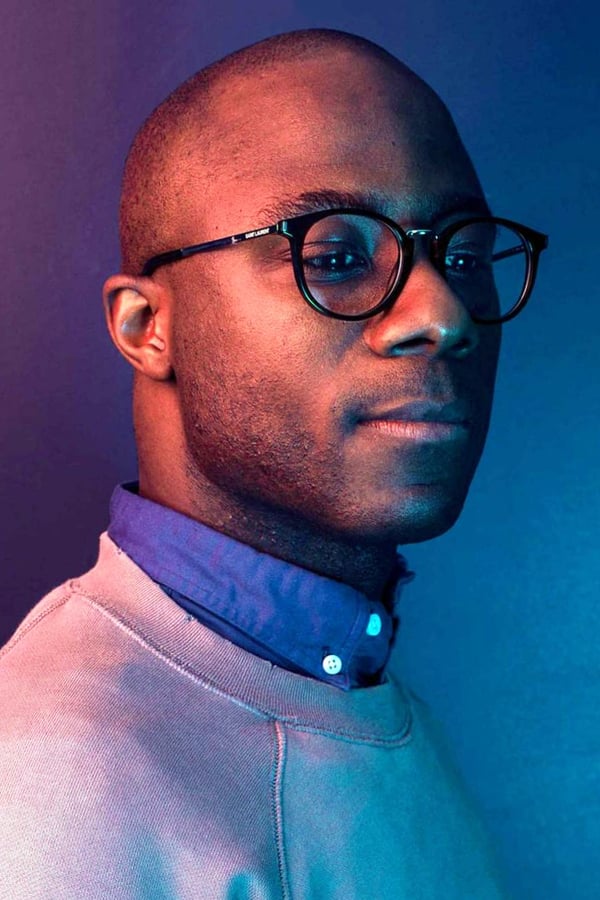
Barry Jenkins
Director

Barry Jenkins
Director
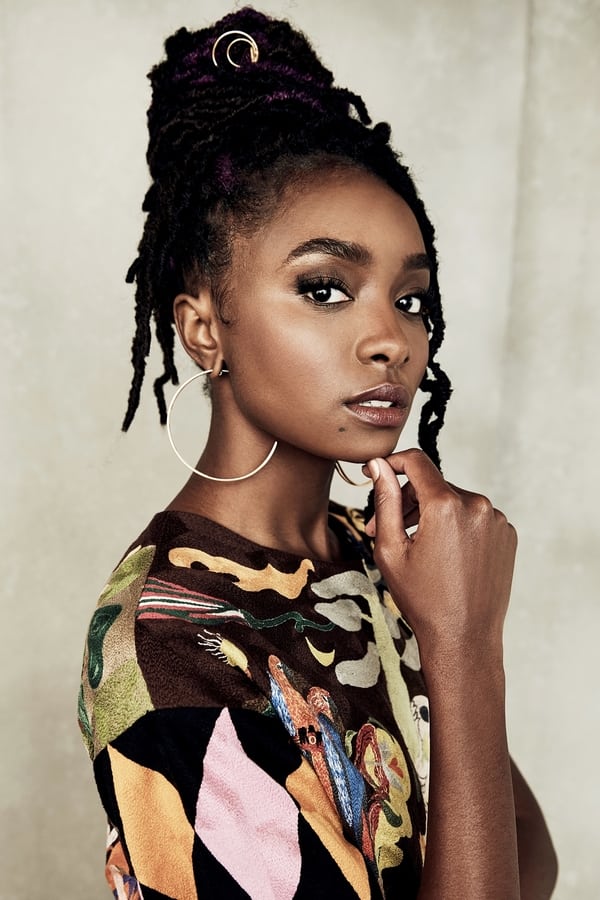
KiKi Layne
Tish Rivers
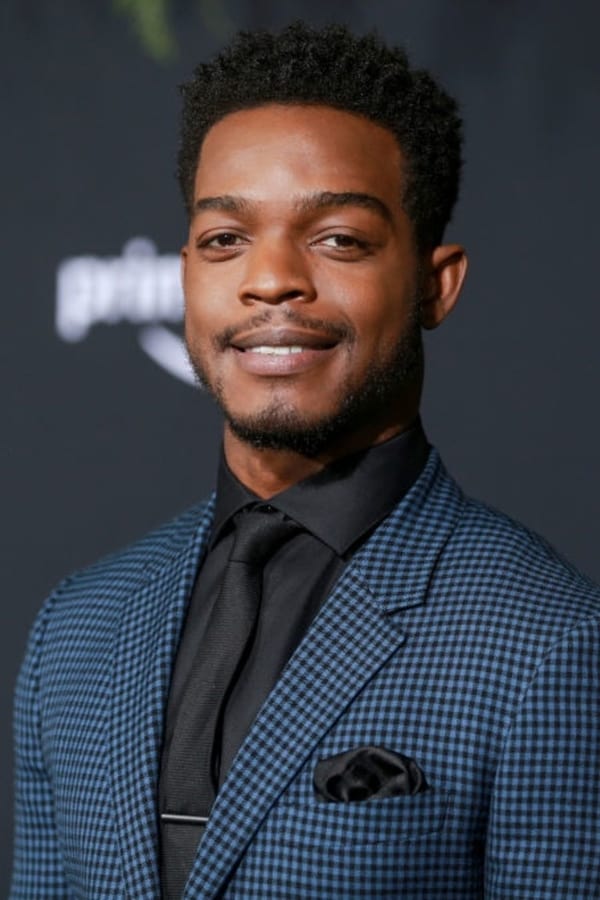
Stephan James
Alonzo "Fonny" Hunt
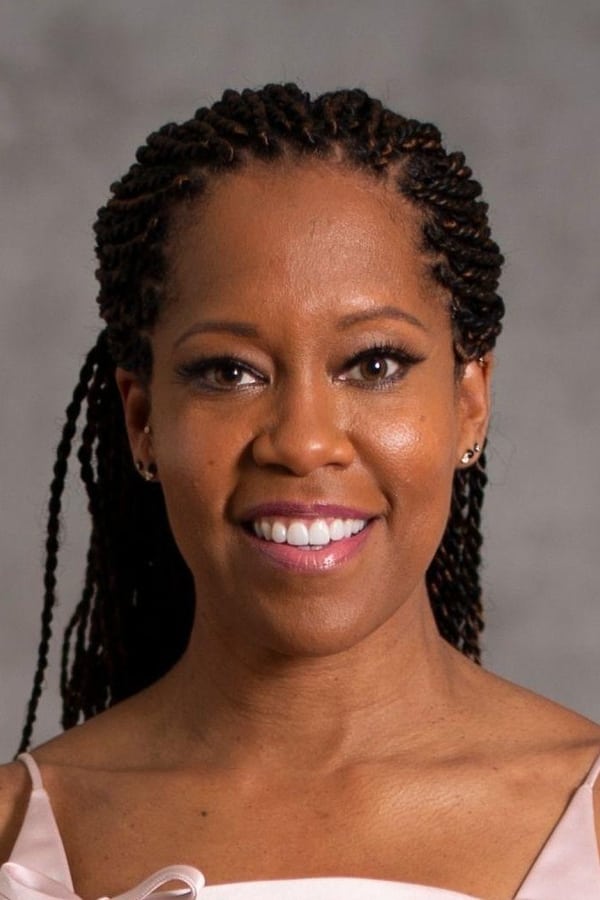
Regina King
Sharon Rivers

Teyonah Parris
Ernestine Rivers
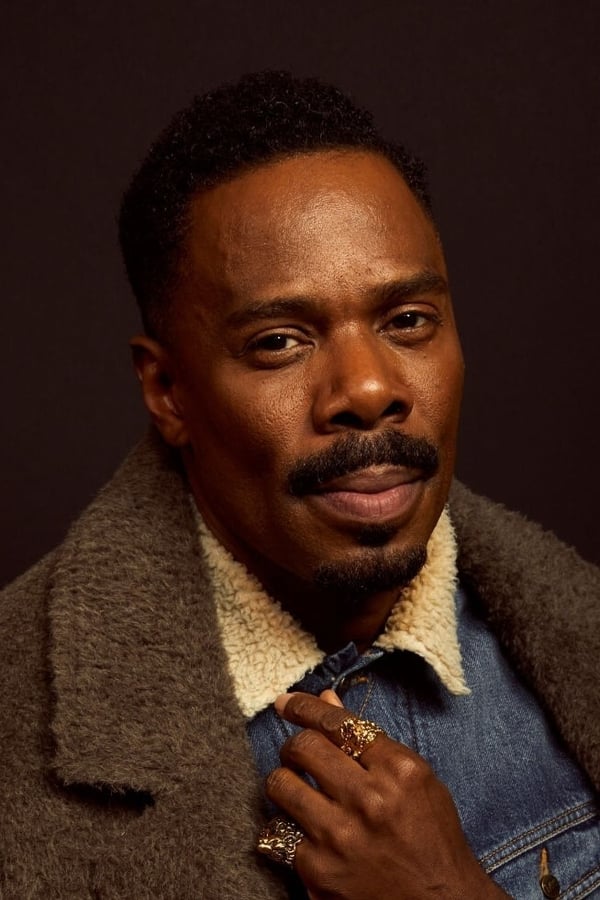
Colman Domingo
Joseph Rivers

Ethan Barrett
Young Fonny

Milanni Mines
Young Tish
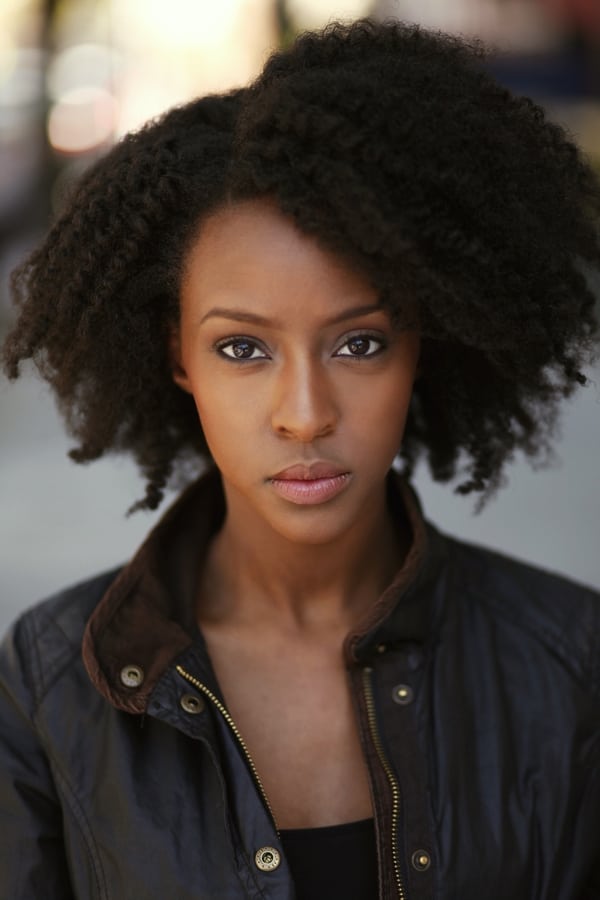
Ebony Obsidian
Adrienne Hunt
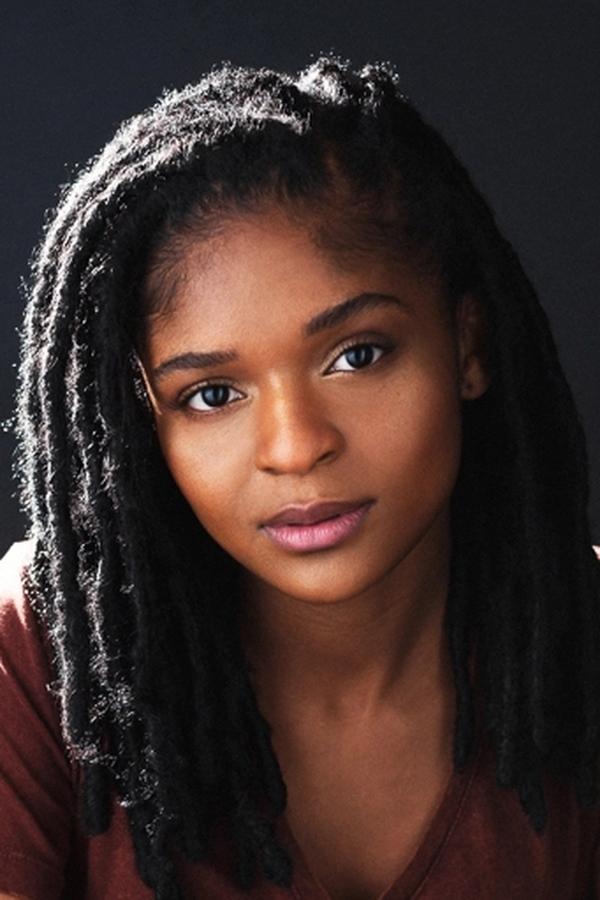
Dominique Thorne
Sheila Hunt
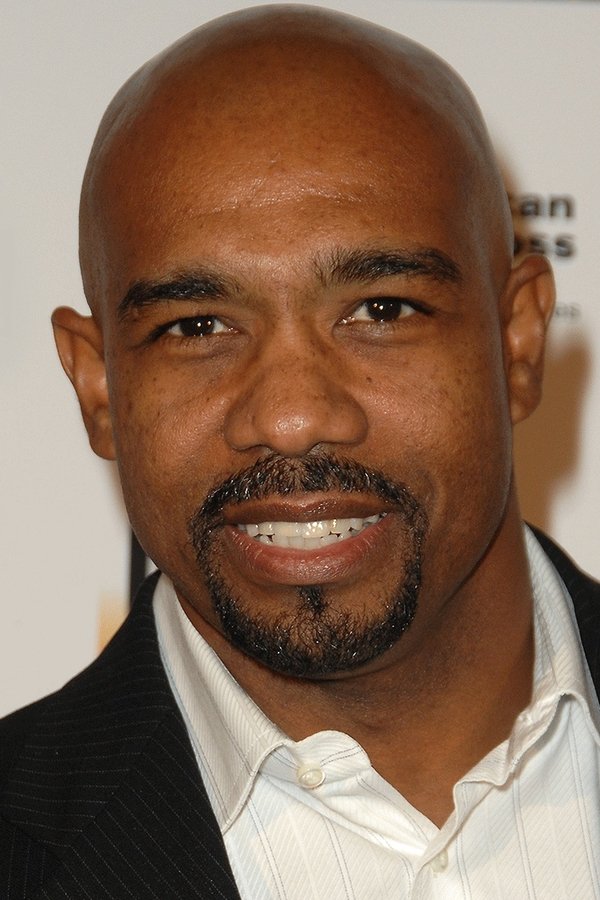
Michael Beach
Frank Hunt
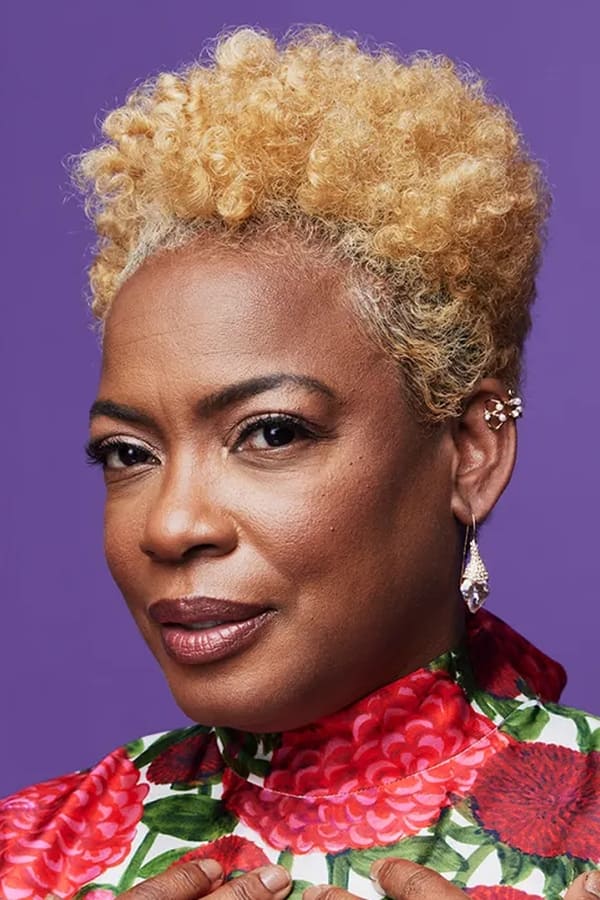
Aunjanue Ellis-Taylor
Mrs. Hunt
Films can alleviate alienation by presenting realities where the viewers feelings are shared by onscreen characters. 'The Little Mermaid" film can be interpreted as a transgender story.
Director Martin Scorsese broadens his boundaries from mafia-driven movies, to a Buddhist biopic of the 14th Dalai Lama. While Buddhism strives for peace, ‘Kundun’ reveals the violence inflicted on Tibetan Buddhists and Scorsese’s depiction of violence does not stray away.
John Fawcett’s "Ginger Snaps" intertwines the lore of the werewolf to the hellish experience of a young girl going through puberty.



